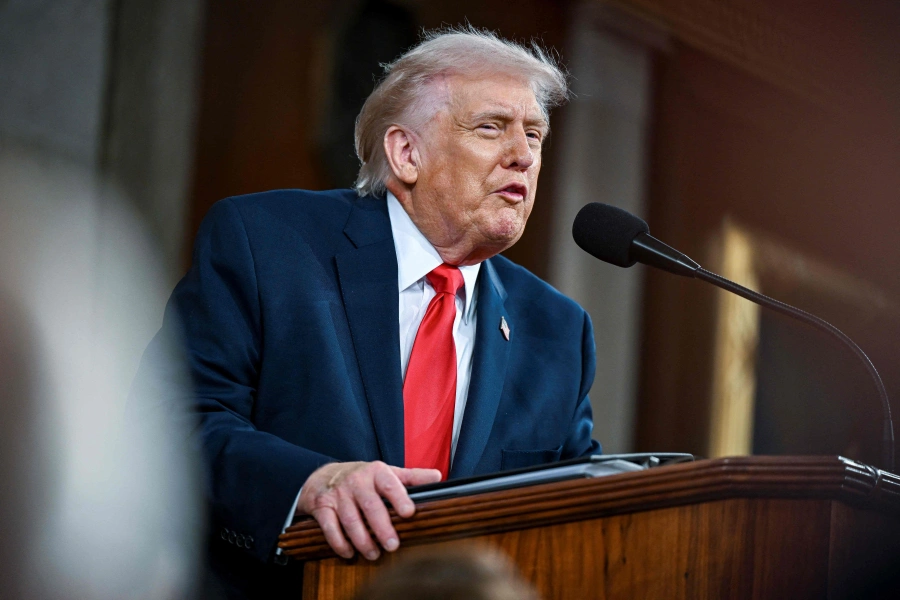HONG KONG , June 12: Steps by the Chinese and Hong Kong governments in recent years have raised unease among Hong Kong residents about their future, a concern that burst out in a protest by hundreds of thousands of people last weekend.
Many in the semiautonomous Chinese territory worry the freedoms they enjoy under a “one-country, two-systems” framework are eroding, as both governments use carrots and sticks to draw Hong Kong into China’s orbit.
The former British colony was returned to China in 1997 under the framework, which guarantees it the right to retain its own social, legal and political systems for 50 years. A look at recent events:
September-December 2014: Protesters seeking direct elections for Hong Kong’s leader lay siege to government headquarters for 79 days but fail to win any concessions. The movement inspires a new generation of political activists but also builds cynicism about the power of popular movements to effect political change.
Hong Kong, the Pearl of the Orient, will shine again

October 2015: Four people connected with a Hong Kong publisher and bookshop that published books banned in China go missing. A fifth person disappears in December. Chinese authorities later say they were detained for investigations into criminal activity. The case raises questions about freedom of expression in Hong Kong.
July 2017: Carrie Lam becomes Hong Kong’s chief executive.
January 2018: Gui Minhai, one of the booksellers who disappeared in 2015, is arrested on a train in China while traveling with two Swedish diplomats. Gui, a Swedish citizen, had been released in October 2017.
September 2018: A high-speed rail link opens between Hong Kong and mainland China. Passengers clear Chinese immigration inside the station in Hong Kong, prompting protests from some opposition lawmakers that Chinese law would apply in the immigration area.
September 2018: Hong Kong bans the Hong Kong National Party, which advocates independence for the territory, on national security grounds. The ban is seen as an unprecedented step to quash separatist voices.
October 2018: Hong Kong-based Financial Times editor Victor Mallet has his application to renew his work visa rejected. Authorities won’t say why, but it comes after Mallet introduced the leader of the Hong Kong National Party at a Foreign Correspondents’ Club event in August.
October 2018: China’s President Xi Jinping presides over ceremony opening a 55-kilometer (34-mile) -long bridge linking Hong Kong and Macau to the mainland.
February 2019: China announces plans to create a Greater Bay Area encompassing Hong Kong, Macau and neighboring Guandong province in the mainland to foster economic development. The move is seen as an effort to deepen ties among Hong Kong, Macau and the mainland.
April 2019: Lam’s government introduces amendments to Hong Kong’s extradition laws that would allow criminal suspects to be extradited to China. Opponents say the changes would damage the territory’s legal independence and suspects would not be guaranteed fair trials.
April 2019: A Hong Kong court convicts nine leaders of the 2014 pro-democracy demonstrations known as the “Umbrella Movement.” Hong Kong judges were reportedly under pressure from China to hand down heavy sentences to deter future protests.
June 2019: Hundreds of thousands march through central Hong Kong to protest the proposed changes to the extradition laws.








































